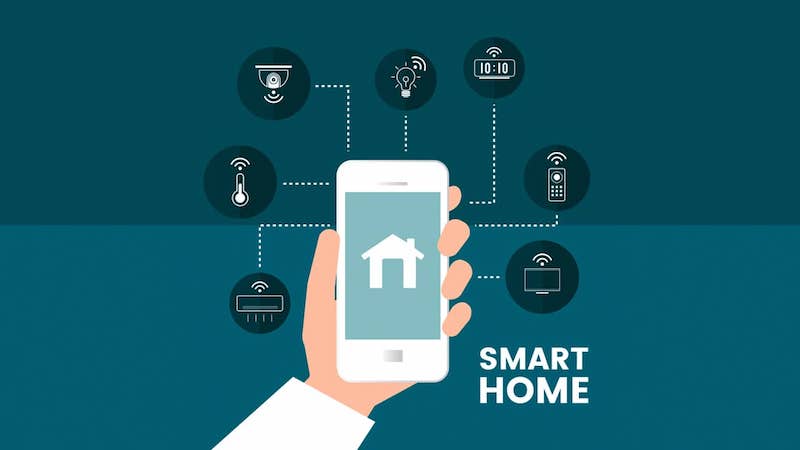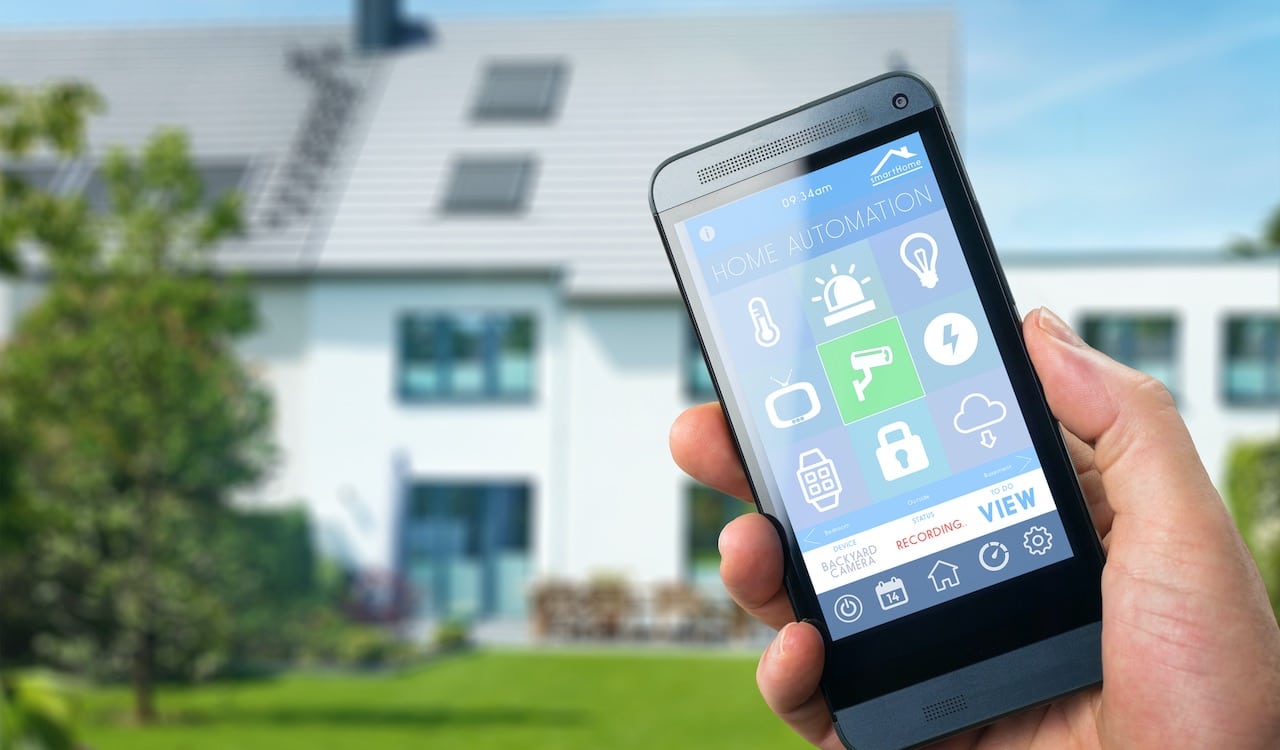Attitude to technology + attitude to comfort = smart home. Okay, it won’t be a dictionary definition but it doesn’t stray far from reality. Since the smart home is more precisely the set of applications that contribute to creating the so-called connected home. That is, a smart home that brings three advantages to those who live there: greater comfort, greater safety and energy savings.
So is smart home synonymous with home automation? Not exactly. Home automation involves the wiring of the electrical system, while the smart home refers to the Internet of Things, that is, to all products connected to the network and operable thanks to applications.
The smart home therefore mainly concerns the heating and air conditioning system, lighting, household appliances, security systems and smart home speakers.
But how is the smart home market going in our country?
The smart home in Italy
To provide us with the numbers of the smart home market in Italy is a research by the Internet of Things Observatory of the School of Management of the Politecnico di Milano.
The results were published on the Observatory’s blog on Friday 18 February.
Before seeing the research results, it is good to know that the smart home market in our country made a leap forward in 2019, when the value was 530 million euros, thanks to the arrival of smart home speakers in Italy.

The numbers today
The very fresh report of the Internet of Things Observatory speaks of an excellent 2021 for the smart home market in Italy. Which, marking a flattering + 29% compared to 2020, reached 650 million euros, equivalent to 11 euros on average per inhabitant. And it has far exceeded the pre-Covid numbers.
It has been calculated that without the shortage of semiconductors and raw materials, which accounted for 75 million euros in lost sales, the growth could have been even + 45%.
The leading sectors
The main items of the smart home market in Italy are represented by connected appliances (for a total value of 135 million euros, + 35% compared to 2020), from smart speakers (130 million euros, + 25%) and security solutions (125 million, + 20%). This is followed by connected boilers, thermostats and air conditioners for heating and air conditioning (110 million), and other less important items such as light bulbs, audio speakers and tools to remotely operate curtains and shutters.
The habits of the Italians
74% of Italian consumers have heard of smart homes at least once (in 2020 it was 69% and in 2018 it was 58%). And 46% of Italians have at least one smart object at home, compared to 43% in 2020, 42% in 2019 and 41% in 2018.
All sales channels grew in 2021, with a surge for the traditional supply chain (245 million euros, + 40%), thanks also to state incentives. The performance of eRetailers (225 million euros, + 25%) and multi-channel retailers (125 million euros, + 29%) were also positive.
The smart home market in Italy and Europe
Despite being in strong growth, the Italian smart home market remains far from the most virtuous countries at European level.
The United Kingdom can count on a market of 4 billion euros, equal to 58.7 euros per inhabitant (+ 43% compared to 2020). The market in Germany is 3.9 billion euros (+ 37%, 46.8 euros per inhabitant).
Italy decreased the gap with France (1.3 billion euros, + 16%, 19.4 euros per inhabitant) and increased the gap from Spain (480 million euros, + 14%, 10.1 euros for inhabitant).
The word to the Internet of Things Observatory
Giulio Salvadori and Angela Tumino, directors of the Internet of Things Observatory, commented on the report.
Salvadori said: “In the last year, the level of maturity of the sector has increased, both on the demand and on the supply side.. The companies have consolidated strategies and business models based on servitization and pay-per-use, with the transition from the sale of hardware only to the proposal of additional services, such as monthly subscriptions for remote assistance and boiler maintenance services, detection of suspicious movements around the house and emergency calls, fitness monitoring and assignment of personalized workouts. But also pay-per-use insurance to protect the home from theft that can be activated even for short periods with a pay-as-you-go rate “.
Angela Tumino added: “Regarding the source of demand, the consumer is increasingly interested in the possibility of remotely managing smart objects at home and activating services and functionalities.. 12% of those with connected devices at home have already activated an additional service. Above all private surveillance, emergency response in case of breakdowns, cloud services to archive videos and images. And in the future, 77% of those who want smart objects are interested in activating new services, such as energy consumption analysis, installation and assistance / maintenance “.















Leave a Reply
View Comments